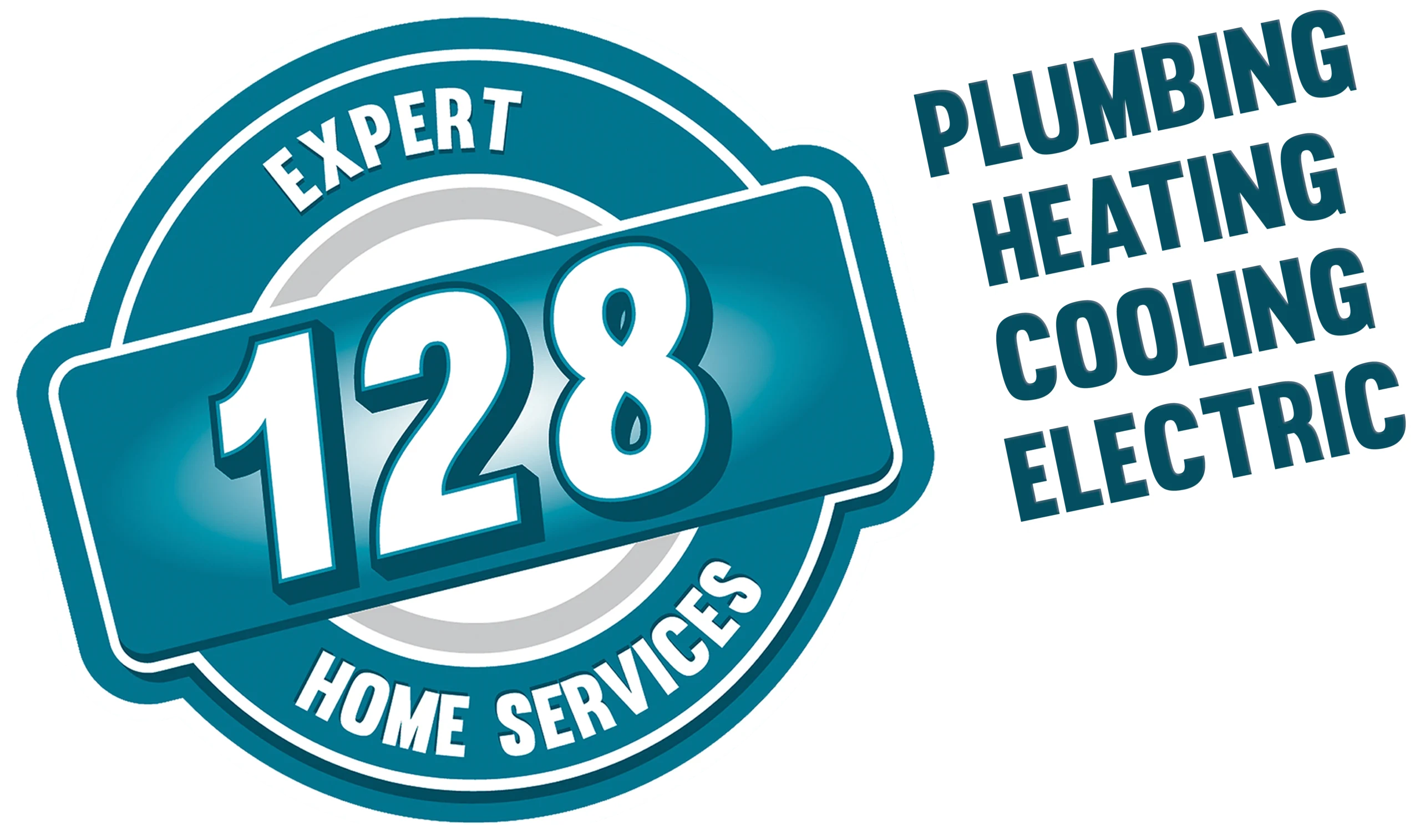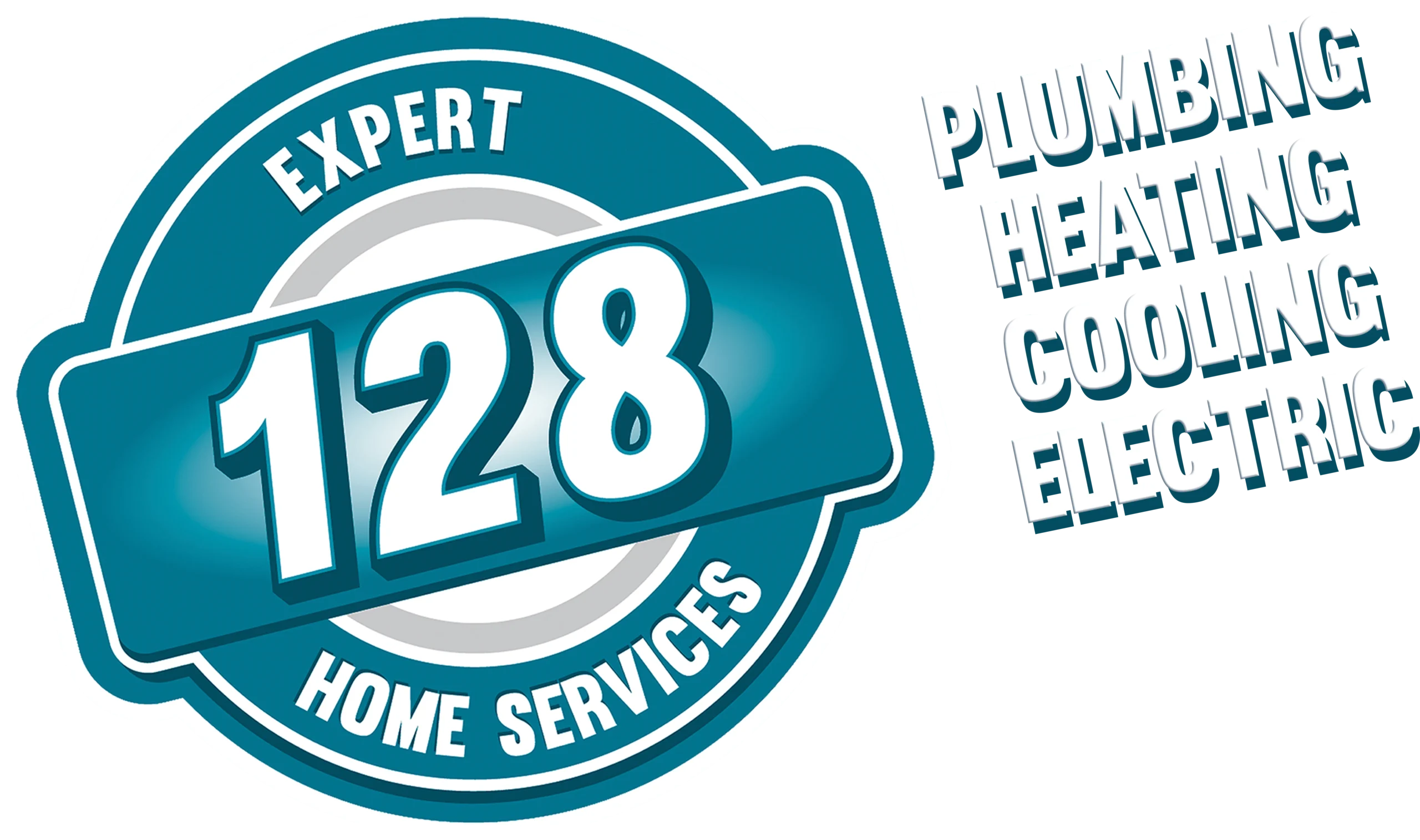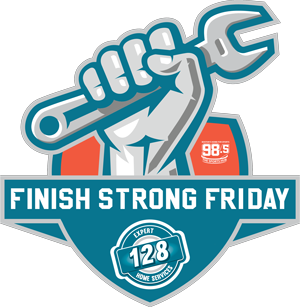
Careers in HVAC are booming, and the HVAC-career field isn’t going anywhere in the near future. In fact, jobs in the heating and air conditioner installation and repair industry are one of the strongest job segments right now. An HVAC-career is one that can’t be easily automated or replaced by technology and robots, and career HVAC workers can expect pretty solid job security. If you’re considering career options in the HVAC industry, check out the many available opportunities at 128 Plumbing. HVAC is a broad field, and there’s plenty of career options for North Shore men and women who enjoy fixing things.
Different Categories of HVAC Careers
While HVAC as a whole deals with the installation and repair of heating units and air conditioners, the HVAC industry itself divides into a few career specializations. Depending on your particular preference, the careers in HVAC you seek may determine not only what type of courses you’ll take in HVAC trade school, but also the kinds of professional HVAC certifications and licensing you’ll need.
HVAC careers fall into two different categories, commercial HVAC and residential HVAC. You may choose to specialize in commercial and industrial refrigeration, and these courses may be part of your HVAC trade school experience. However, for many local HVAC companies like 128 Plumbing in Middlesex County, the techs mainly center around residential HVAC installation and repair.
Entry-Level HVAC Career Jobs
Entry-level HVAC career jobs are for those who have completed an HVAC course or trade school and have less than two years of experience in the field. You’ll be assigned to a veteran HVAC tech for more complicated repairs, although your company may allow you to make basic HVAC installations or fixes solo as you gain more experience. Entry-level HVAC careers include:
Entry-Level HVAC Helper
The very first step for HVAC-careers will be an entry-level helper. You’ll accompany a senior technician on residential or commercial HVAC jobs. Most companies, like 128 Plumbing, have their own fleet of HVAC repair vans, so holding a commercial driver’s license and having a clean driving record may be a condition of hire, and thus affect your career path. You’ll assist with lifting and carrying, and placing parts in the HVAC unit, and clean-up after the HVAC installation is complete.
HVAC Rough-In Installer
The term “rough-in” refers to the initial phases of HVAC equipment installation. These careers include placing electrical, control, and refrigerant lines, installing the thermostat in the HVAC unit, and placing the duct runs and duct boots. This HVAC position requires a little more in-depth knowledge than that of the HVAC helper position. You’ll need to know how to read HVAC blueprints, lay out ductwork, use hand tools and HVAC-specific tools, and braze.
Professional-Level HVAC Career Jobs
Professional HVAC technicians have at least three years of experience in their HVAC career and can take on more independent HVAC installations and repairs. At this point, your company will likely send you out alone on routine service calls; however, a more senior HVAC tech will likely oversee and direct more complicated projects, especially with a large-scale commercial HVAC installation. Common professional-level HVAC careers include:
HVAC Start-Up Technician
Individuals in this career work alongside the HVAC rough-in installer. Once the HVAC rough-in installer finishes their part of the install, the start-up tech arrives on-site to check the HVAC equipment and ensure that it is working according to the manufacturer’s standards. This position involves a thorough knowledge of the “quirks” of different HVAC brands.
Part of the HVAC oversight that a start-up tech will conduct is ensuring that the unit turns properly and the HVAC equipment runs safely and efficiently. These careers include using a manufacturer’s operating manual to check each function of the HVAC system, so being able to quickly read and follow the directions in the user manual will make your job more efficient. Each function of the HVAC unit will need to be tested for safety and efficiency and information about the unit carefully documented for the HVAC warranty.
HVAC Service Technician
As you grow in your HVAC career, you’ll begin to see the different ways that these units can break down. An HVAC service technician will be responsible for both fixing broken equipment and performing preventative maintenance, checking and fixing small problems before they grow into larger issues or a full HVAC shut down.
You’ll be required to diagnose problems, so being able to troubleshoot air distribution, refrigerant, and electrical problems within the HVAC unit are important for success in these careers. To make HVAC repairs, you’ll have to be proficient with many types of tools, such as carbon monoxide testers, wrenches, pipe cutters, acetylene torches, and HVAC Voltmeters.
Mid-Tier HVAC Career Jobs
Moving into the more senior levels of the HVAC career path, you may choose to take on a more supervisory role, mentoring newer HVAC techs. Or, your experience may lead you to more complicated repairs or installations. These mid-level HVAC options are typically for those with at least eight years in HVAC careers. It’s also a time when many people think about changing their careers and starting their own HVAC companies.
HVAC Service Manager
Individuals who choose this career may work within a larger company, overseeing the HVAC and maintenance operations of a manufacturing plant or other commercial entity in the Greater Boston area. They may also be the senior manager of an HVAC company, supervising the less experienced techs and working on more complex HVAC solutions.
As this is both a management position and one that requires HVAC expertise, HVAC service managers will need excellent communication skills and training in how to manage, train, and motivate employees.
HVAC Systems Engineer or Designer
For those who have plenty of HVAC experience in the field, as well as a bachelor’s degree in mechanical engineering, an HVAC system designer may be a career option. You may also be required to hold professional engineering licenses to design various HVAC components and systems.
HVAC systems engineers typically have responsibility for a development team and create HVAC systems, so strong skills in physics, math, computer, and communication are a must for these careers. Your HVAC engineering skillset should also include familiarity with piping and ductwork sizing, contract negotiation with both clients and vendors, site surveying, and HVAC application service protocol establishment.
Senior-Level HVAC Career Jobs
The most senior-level HVAC careers typically involve owning an HVAC installation and repair or engineering business. Your level of knowledge in the HVAC industry may also lead you to a contracting position. To have a successful HVAC company, like 128 Plumbing, you need more than solid knowledge in the heating and cooling industry. You also should have strong marketing skills and a sense of financial management to ensure your HVAC business is profitable.
Many independent contractors seek a specialization in one aspect of the HVAC industry, either residential, commercial, or engineering and HVAC system design. These careers may require further HVAC industry certification, depending on your location and the requirements of operating an HVAC business in your state.
Launching Your Career in HVAC
Providing successful HVAC careers means treating your employees with respect and your customers with courtesy. At 128 Plumbing, we hold ourselves to the highest ethical standards, maintaining professionalism and knowledge of the HVAC industry. We value our clients and technicians and believe in delivering HVAC solutions right the first time.


